How often do you come across a film like Hollywood 90028? This film is a rare gem that exposes the underbelly of Los Angeles’s desperate lifestyle on the brink of a Hollywood transformation glossed over by the kodochrome allure of the 1970s. And in that celluloid journey, this film has so many connections and threads that sprout across the late 1960s and 1970s music and film scene that it takes a couple stacks of sticky notes and a lot of thread to connect all of the relationships.
Also known as Twisted Throats or The Hollywood Hillside Strangler, the film has wafted through the decades within the underground like urban legend. Here Grindhouse Releasing again does the Lord’s work by compiling a complete package of the film that includes an exhaustive list of in-depth essays by American actor and writer, Marc E. Heuck, producer and writer for magazines like Fangoria, David Szulkin, and Richard Kraft; glorious special features, including interviews and alternative scenes that were cut to get the rating of the film to an R; and a CD of Basil Poledouris’s film score, remastered by Jussi Tegelman, best known as a key to the sound department for films like Spiderman 2 and Doctor Strange in the Multiverse of Madness.

Throughout the exploitation world, a film like this would be guided by a male director. Here, Christina Hornisher wrote under the name Craig Hansen with the intent that a man would be taken more seriously in the world of cinema. In essence, she accomplished one of the great exploitation films of the decade and directed a thriller that exposed the evil that men do along with the corruption from an industry all led by psychosexual behavior.
A member of the “Gypsy Wagon” from UCLA, Hornisher was part of a niche artistic group that included Jim Morrison and Ray Manzarek, Gloria Katz co-screenwriter of American Grafiti and Indiana Jones and the Temple of Doom, folk horror writer/director, Richard Blackburn, and more.
Through this diverse and creative group of rule breakers, her student films exemplify a passion for deep experimentation and finding art through a new method of storytelling. We get to experience these revolutionary artforms in film that are now commonplace. Scenes and perspective that etched its way to the big screen. Luckily, Grindhouse Releaing collected these shorts and dropped them in the Special Features.
These shorts gave us a glimpse of the progression that became the cinema art that is Hollywood 90028. Influenced by the likes of Michael Powell’s Peeping Tom and Jacques Demy’s Model Shop, Hornisher brandished a sinister sheen to the American dream. A realistic urban decay tearing away at carnal urges.
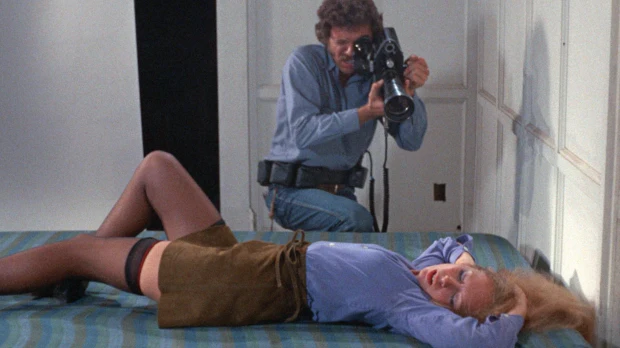
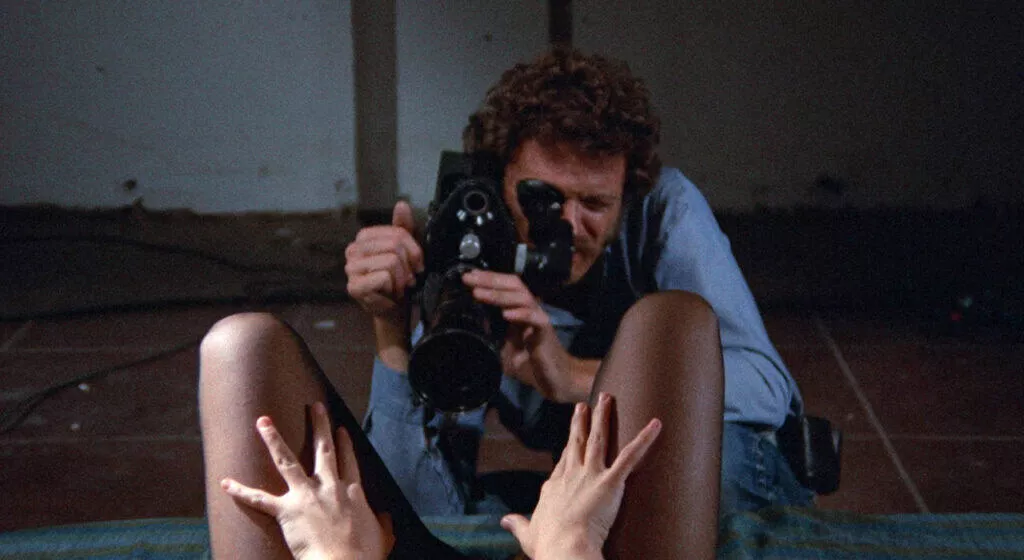
This film leads you in several directions. There’s the protagonist — the killer. There’s the feminist spin that expels control amongst fragility. Then, there’s the music.
Christopher Augustine plays Mark, a troubled person who is trying to make it as a cameraman in Hollywood while paying the bills by shooting pornography films for the local peep shows. Once drummer for the sunshine pop band Every Mothers’ Son, he turned into an actor for The Doll Squad. Augustine portrays a loose cannon where the viewer is not sure whether to be repulsed by his actions or sympathetic to his humanity. Mark is looking for the same things that we all look for: love, stability and connection.
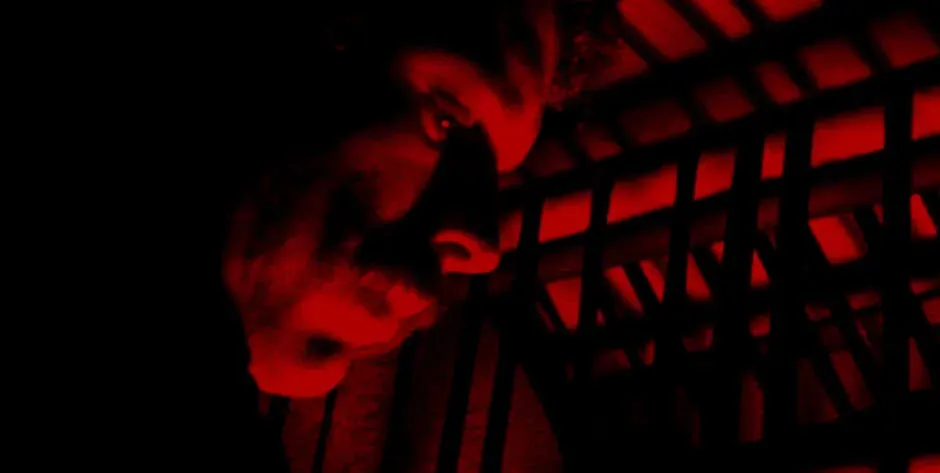
Fantasy becomes reality as Hornisher experienced a crossover in the gay porn scene as her friend Tom DeSimone provided ample research to frame a convincing story underneath the Los Angeles skyline.
Through Jeannette Dilger’s character, Hornisher takes us on a joy ride of emotions only to come crashing down by the end. Dilger brings perspective and that sense of control. She has the power to crush Mark (Augustine) and also the power to save him. Yet the ghosts of his past and being bullied by older women continue to haunt him and a sinister urge wins.
You may know Basil Poledoursis for his score of The Blue Lagoon or Conan the Barbarian or Robocop. With Hollywood 90028, he creates a Victorian approach to the West Coast hippy aesthetic and veers away from the stereotypical sleaze score you would expect to funk up a movie like this. But here we have a beautiful work of art that complements the scenes while never overshadowing it. Sounds are designed like furniture in a room. They neither excite nor transform the scene; Poledoursis only fulfills the movement of the film. To have that bonus CD is worth its weight in gold, and to have this version of the film is a film buff’s dream come true!
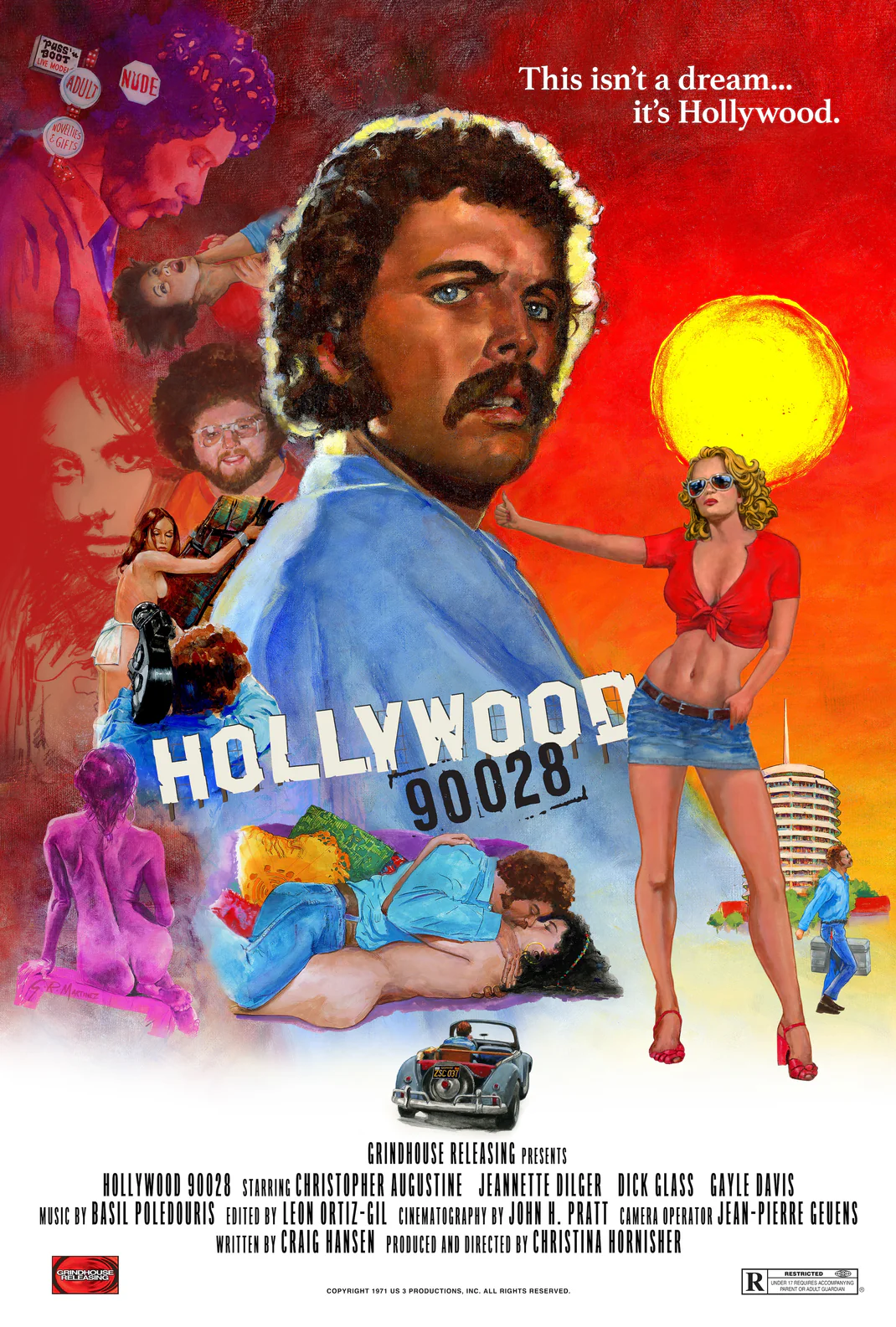

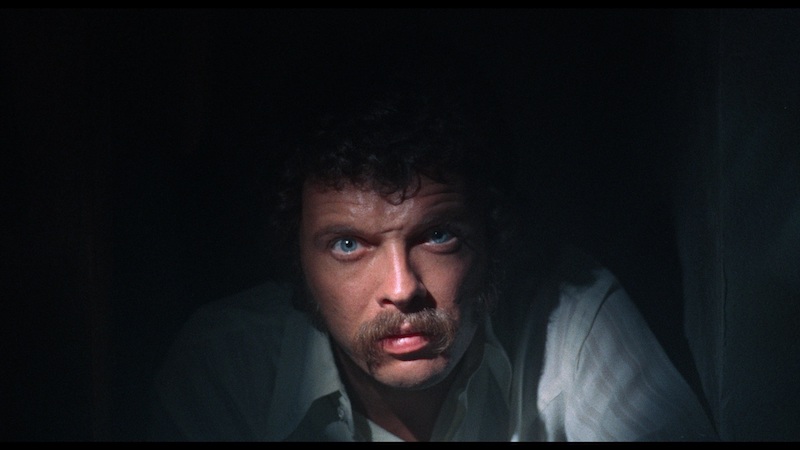

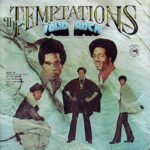
No Comment! Be the first one.